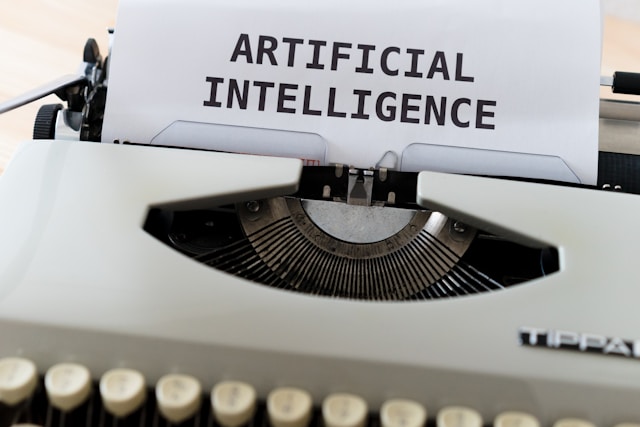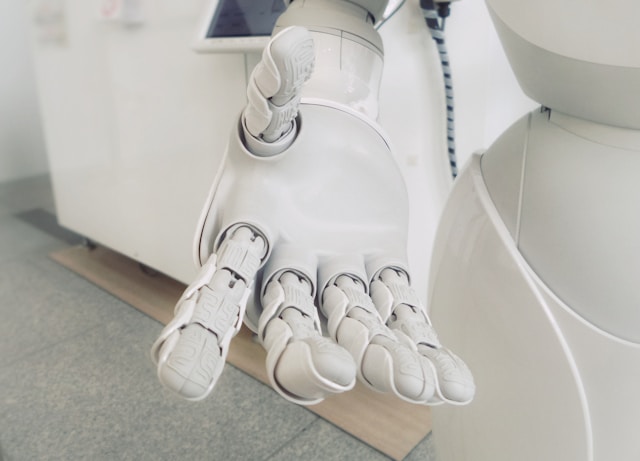The relationship between artificial intelligence (AI) and business intelligence (BI) is increasingly symbiotic, driving a transformative impact across various industries. AI enhances BI by introducing advanced analytics, automation, and predictive capabilities, while BI provides the data foundation necessary for AI to operate effectively. Together, they enable businesses to make more informed, strategic decisions, optimize operations, and gain competitive advantages.
AI in Business Intelligence:
AI technologies such as machine learning (ML), natural language processing (NLP), and computer vision are revolutionizing BI. Traditionally, BI relied heavily on historical data analysis and manual interpretation, often resulting in delayed insights. AI, however, introduces real-time data processing and advanced analytics, allowing businesses to derive actionable insights promptly.
1. Advanced Analytics:
AI algorithms can analyze vast amounts of data more quickly and accurately than human analysts. Machine learning models can detect patterns and correlations in data that might be missed through traditional analysis. For instance, predictive analytics can forecast market trends, customer behavior, and potential risks, enabling proactive decision-making.
2. Automation:
AI automates repetitive and mundane tasks in the BI process, such as data collection, cleansing, and reporting. This not only speeds up the data preparation phase but also reduces the likelihood of human error. Automation allows BI professionals to focus on higher-value activities such as strategy development and insight generation. A true industry example is, CleanDesk AI’s MAGICS – a multilingual conversational AI automation platform, that automates customer service tasks, benefiting customers and agents. Using generative AI, it streamlines support for greater profits.
3. Natural Language Processing:
NLP facilitates better interaction with BI tools. Users can query BI systems in natural language, making it easier for non-technical stakeholders to access and interpret data insights. This democratization of data ensures that decision-making is more inclusive and based on comprehensive analysis.
BI Enhancing AI:
Conversely, BI provides the structured and relevant data necessary for training and refining AI models. Quality data is crucial for the accuracy and reliability of AI outputs.
1. Data Integration:
BI systems integrate data from various sources, ensuring that AI models are trained on diverse and comprehensive datasets. This integration improves the robustness of AI applications and ensures that insights are drawn from a holistic view of the business environment.
2. Data Quality and Governance:
BI practices emphasize data quality and governance, ensuring that the data fed into AI models is clean, accurate, and compliant with regulatory standards. This is essential for maintaining the integrity and reliability of AI-driven insights.
3. Performance Monitoring:
BI tools enable the monitoring and evaluation of AI models’ performance over time. By tracking key performance indicators (KPIs) and other metrics, businesses can assess the effectiveness of AI applications and make necessary adjustments to improve outcomes.
Impact on Business Operations:
The convergence of AI and BI is reshaping business operations in multiple ways:
1. Enhanced Decision-Making:
With AI-powered BI, businesses can move from descriptive to predictive and prescriptive analytics. This shift enables leaders to not only understand what happened and why but also to anticipate future events and recommend actions.
2. Personalization and Customer Insights:
AI-driven BI provides deeper insights into customer preferences and behaviors, allowing for more personalized marketing and customer service strategies. This personalization can lead to increased customer satisfaction and loyalty.
3. Operational Efficiency:
AI automates and optimizes various business processes, from supply chain management to human resources. BI ensures that these AI-driven processes are aligned with business goals and are continuously monitored for performance.
Conclusion:
The relationship between AI and BI is integral to the future of data-driven business strategies. AI enhances the capabilities of BI by introducing advanced analytics, automation, and user-friendly interfaces. In return, BI provides the structured data and governance necessary for effective AI implementation. Together, they create a powerful synergy that drives smarter decision-making, operational efficiency, and competitive advantage in the modern business landscape. As AI and BI technologies continue to evolve, their integration will likely become even more seamless, further transforming the way businesses operate and compete.






Leave a Reply